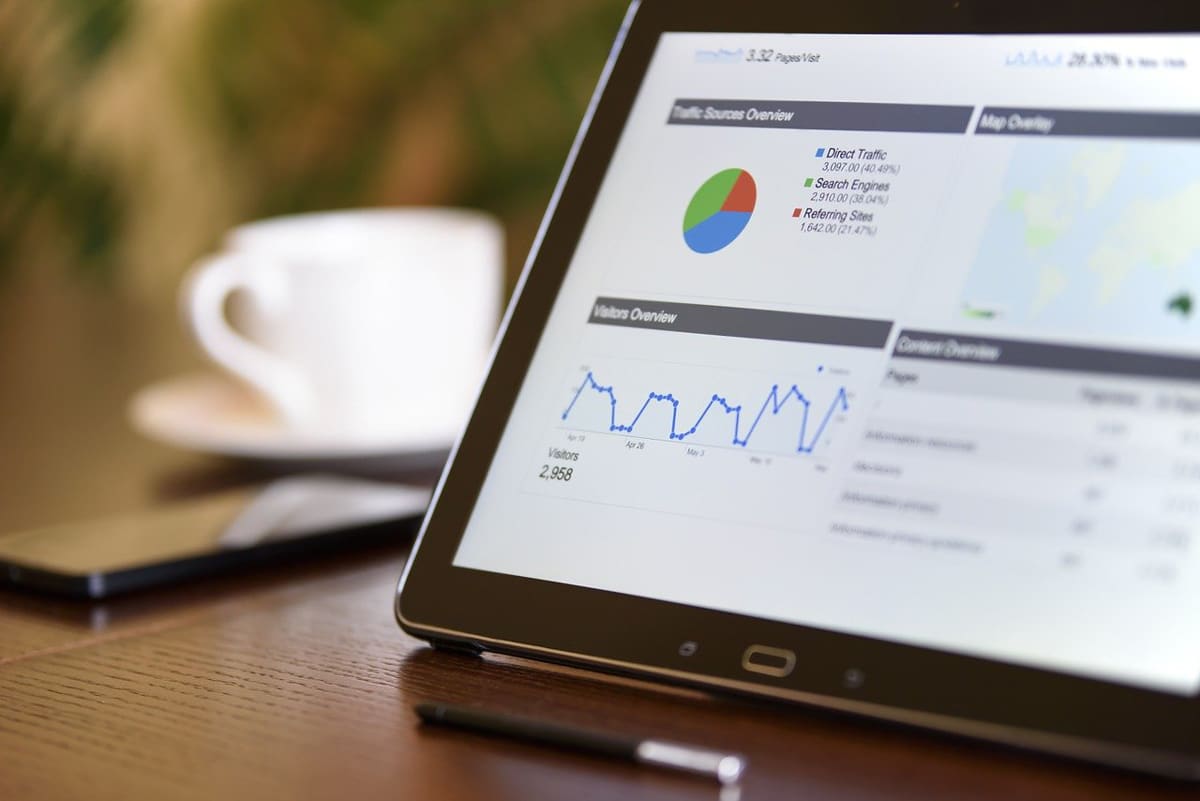
Businesses no longer make choices based on impulses or mediocre information. Today, they have lots of data thanks to digitization, helping them reach their full potential. A study has shown many benefits of employing data in decision-making, including finding new opportunities, collecting valuable customer feedback, and identifying business patterns. Data, as a result, has become a key business asset. However, there are ways to do it right to gain maximum benefits, such as the following.
1. Define your goals
Data collecting, processing, and analyzing are key to making the best decisions. So it is best to be clear about what you want to achieve and the strategies that support reaching your goals and meeting your specific business needs. This may require defining your key performance indicators before working with the data. While there are several corporate sector KPIs you may rely on, it is best to focus only on the current KPIs most relevant to our business.
2. Avoid being guided by beliefs
The thinking process of making judgments is usually directed by the mind. And research shows that most daily decisions are not based entirely on rational thinking. However, this affects the perception of reality as people form conclusions without a concrete basis. As a result, it is recommended to make decisions in groups so that individual inclinations or biases do not distort reality.
In this perspective, data visualization becomes relevant because it is the best method to democratize data, allowing anybody to comprehend and understand it. This way, more team members can make more informed business decisions.
3. Use the right tools
The business world is frequently characterized by data, analytics, and business intelligence. Several industries are investing in new technologies for collecting and analyzing data. For instance, some workplace management technology can enable you to automate and regulate some operations on your premises when you have real-time data about employee and visitor traffic in the workplace. This is helping businesses achieve their sustainability goals, such as reducing energy usage when machines are not in use or premises are unoccupied.
4. Measure and repeat
Congratulations if you have made some driven-driven decisions and achieved some success. However, you are not done yet. Examine the data you originally gathered and based your initial decisions on. For instance, when the deadline for your business goals approaches, compare the previous data with the new one you have gathered and determine whether it positively impacted your business. It is okay if you didn’t record any significant results since some decisions may take a while before achieving maximum impact. Even if it doesn’t, you can figure out why it didn’t work and the next best approach. You can also find new ways to improve or repeat the success if it did.
Since there is no doubt about the value of data for businesses, it would be best if you based your decisions on your available data. These can be useful for making decisions that fuel growth, beat the competition, and grow your loyal customer base.





